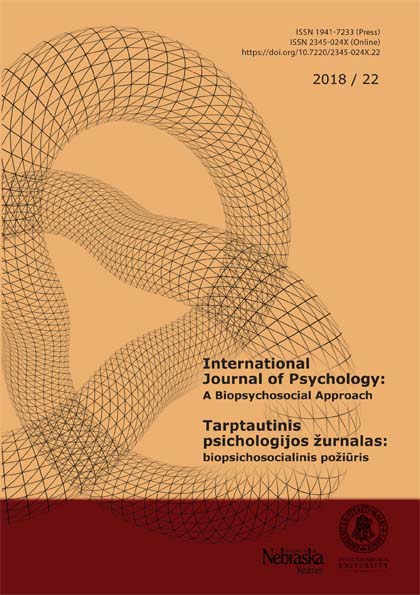The Influence of Psychological Factors for Leader’s Efficiency in Global IT Companies
The Influence of Psychological Factors for Leader’s Efficiency in Global IT Companies
Author(s): Lina Cirtautienė, Auksė EndriulaitienėSubject(s): Psychology, Organizational Psychology, Management and complex organizations
Published by: Vytauto Didžiojo Universitetas
Keywords: IT leadership; Global; Effectiveness; Competency; Local;
Summary/Abstract: Changing business environments require a different leadership. Global information technology (IT) leaders must demonstrate in-depth competencies in technology and business as well as softer interpersonal skills. Studies provide disputed evidence regarding the psychological factors that contribute to a leader’s efficiency. This study analyses what the most important competencies for effective IT leadership in local and global IT organisations are. An integrative literature review was used to examine and summarise previous research in global IT literature. The competencies’ framework, containing three levels (core traits, personal character, and ability) and four dimensions (intercultural, interpersonal, global, and global organisational) (Kim & McLean, 2015), was chosen to examine psychological factors that contribute to IT leadership effectiveness. The results show that features related to adaptation of the cultural environment are significant for a global leader. Personality traits (extraversion, awareness, and openness to experience), characteristics (self-esteem, self-efficiency, global mindset, and motivation), and abilities (communication skills, leadership style, and experience), within the organisational context are related to higher leadership efficiency. Local and global leaders differ in the significance of social intelligence (IQ, EQ, and CQ). Sufficient educational interventions can improve an individual’s effectiveness regarding global leadership challenges. This study discovers guidelines for development and education of IT leaders which include strengthening personality traits related to performance, utilising communication gaps, leveraging cultural differences, promoting trust and motivation, fostering leadership roles and attitudes,composing teams based on teamwork and task work, and modelling and practising other critical competencies for global leadership through crosstraining.
Journal: Tarptautinis psichologijos žurnalas: biopsichosocialinis požiūris
- Issue Year: 2018
- Issue No: 22
- Page Range: 113-133
- Page Count: 21
- Language: English

